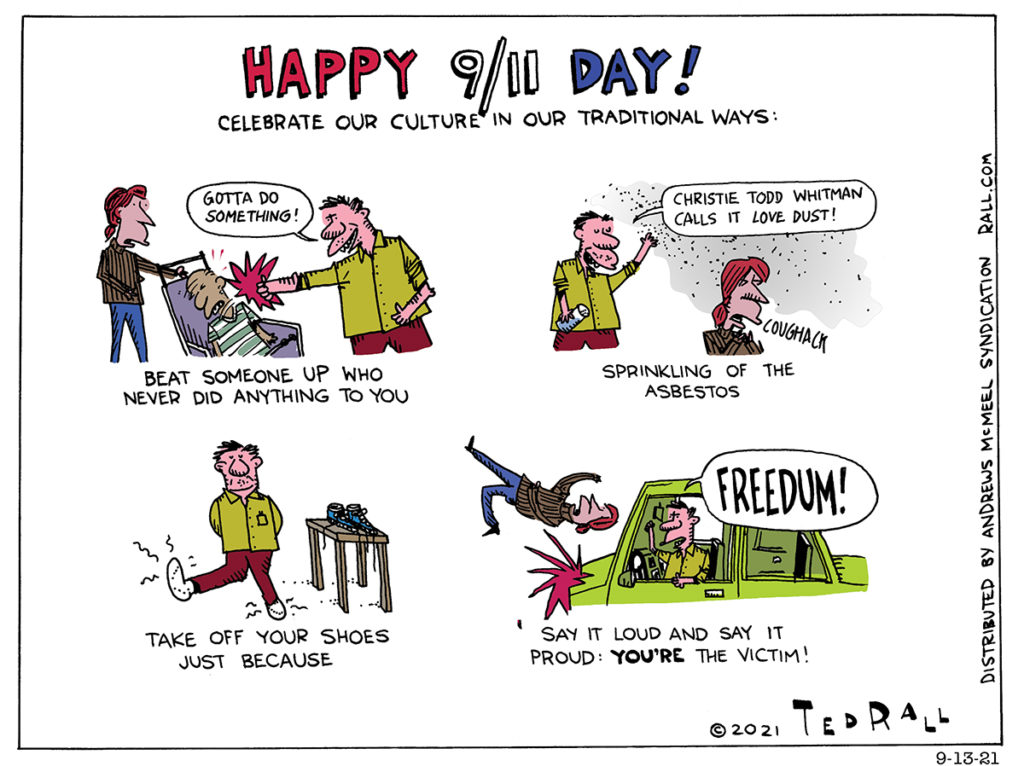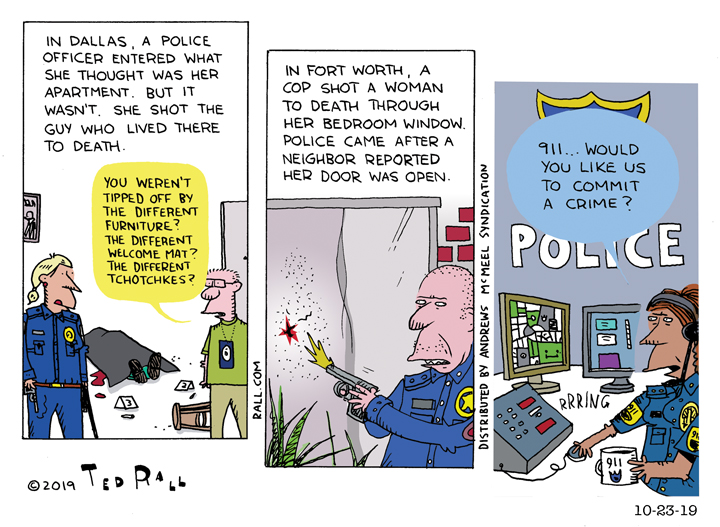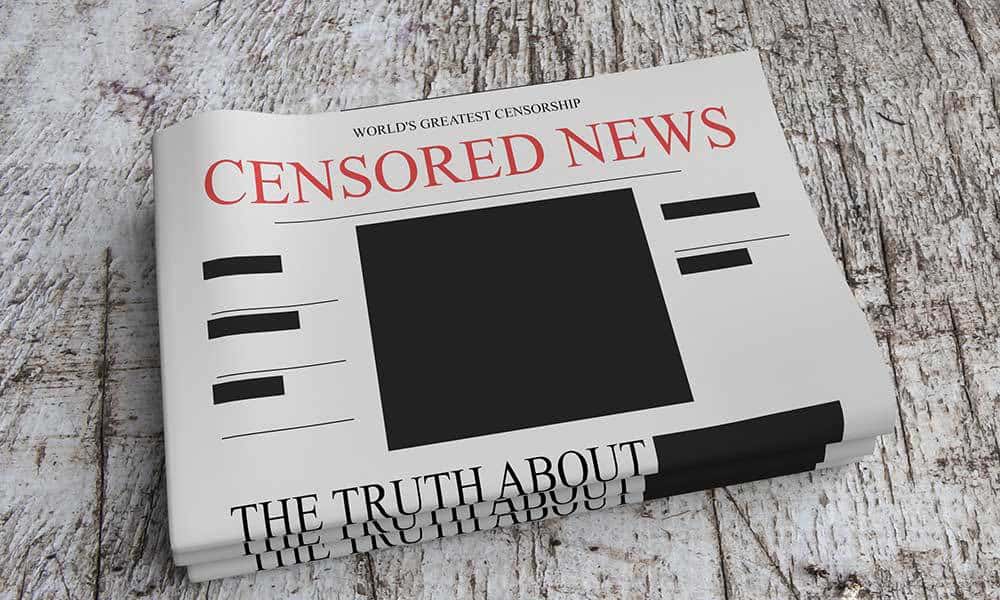
When residents of the Middle East woke up on the morning of October 7, 2023, the Palestinian cause was in a sorry state.
700,000 radical Israeli settler-colonists and sealed-off “military zones” occupied 60% of the occupied West Bank, which was blockaded by a Berlin-style border wall, so much that the United Nations human rights chief no longer believed that Palestinian sovereignty was even theoretically possible. The occupied Gaza Strip was subject to an Israeli blockade that destroyed the economy and drove the unemployment rate to 80%. President Donald Trump had moved the U.S. embassy to Jerusalem—a strong signal to Palestinians that the world would never allow them their own State—and Joe Biden had let it stay there. Muslim nations that had previously supported the Palestinian struggle (Bahrain, the UAE, Morocco and Sudan) normalized diplomatic relations with the hard-right government of Israel; Oman, Indonesia, Somalia and Saudi Arabia were expected to follow.
The world, including numerous Arab governments, had forgotten the Palestinians.
By the end of the day, everyone remembered them.
It had been necessary, Khalil al-Hayya, a member of Hamas’s top leadership told The New York Times two weeks after the attack, to “change the entire equation and not just have a clash. We succeeded in putting the Palestinian issue back on the table, and now no one in the region is experiencing calm.”
Whether you call it terrorism, asymmetric warfare, guerrilla warfare or resistance, an action like the October 7th raid on an Israeli music festival and nearby kibbutzim is a disadvantaged, underarmed and poorly-situated group’s attempt to flip the game table, catch an adversary by surprise and scramble the positions of the players in order to create a different situation.
It’s also a test of their adversary. More about that below.
Hamas has accomplished its objectives. Israel’s saturation bombing and starvation campaign launched after October 7th, which military analysts call the most brutal and systemic assault against a civilian population since World War II, shocked Muslims (and many other people) around the world. Under pressure from their subjects, the Saudis now say they will only consider a normalization deal that explicitly guarantees Palestinian statehood—something that Israeli Prime Minister Benjamin Netanyahu refuses to consider. Biden, a self-declared Zionist and faithful supporter of the Jewish state throughout his career, now says he wants a two-state solution. He has also threatened to withhold arms, though using weasel words to justify redefining his “red line.” 61% of voters in the United States, to which Israel owes its creation and its closest military ally by far, now say the U.S. should stop supplying all weapons to Israel.
The long-ignored Palestinian issue is so “back on the table” that Democrats worry that they might lose the battleground state of Michigan and the presidency due to the state’s substantial Arab population.
Many Israelis and their supporters fail to grasp the reality of the current situation. How can Hamas be winning? they ask. Israelis support the war effort and the IDF has only lost a few hundred troops, a fifth of them to friendly fire and accidents. Gaza, on the other hand, has been flattened. The IDF has killed at least 37,000 Palestinians, though Ralph Nader is surely closer to the truth when he estimates the total number, including the bodies buried under tens of millions of tons of rubble, at 200,000. Israel’s obvious objective, the expulsion of the surviving population and annexation of Gaza into Israel, appears tantalizingly close.
Yet, the Hamas leader Yehiya Sinwar was right when he told his close associates recently: “We have the Israelis right where we want them.”
The Israelis have committed the cardinal error of warfare: underestimating the intelligence of your enemy. Of course Hamas’ leaders knew exactly what Israel would do in response to October 7th. They have studied Israel’s behavior repeatedly over decades: when attacked, Israel always responds with overpowering force, much of it directed against civilians. And they don’t care how it looks. “Hamas knew Israel would strike back hard. That was the point,” Rita Katz of the SITE Intelligence Group told The Washington Post. “To Hamas, Palestinian suffering is a critical component in bringing about the instability and global outrage it seeks to exploit.”
The IDF always tortures civilians and demolishes homes and other infrastructure at an extravagant scale. So, like a chess player, Hamas goaded its aggressive adversary into a fierce attack because it was willing to make sacrifices—Hamas fighters, Palestinian civilians, Gazan infrastructure—in order to obtain something even more valuable.
As we’ve seen recently in northern Gaza, Hamas remains a potent military force able to engage the IDF in street combat. But survival isn’t Hamas’ primary objective. Making Israel look evil is—and Israel has fallen into their trap.
The test Israel faced on October 7th was: can we exercise restraint? Like the United States, which faced a similar test on 9/11, Israel failed miserably. Israel’s over-the-top craziness has fulfilled Hamas’ main goal, which was to expose the Israeli government as bloodthirsty, oppressive monsters unworthy of the support of the world upon which it depends.
As a result, most of the world now recognizes Palestinian sovereignty. The International Criminal Court has ordered Israel to stop its military actions in southern Gaza. The International Court of Justice is preparing an arrest warrant for Netanyahu. And the United Nations expressly states that Israel is morally and ethically the same as Hamas, a terrorist organization guilty of war crimes and crimes against humanity. Never mind the two-state solution—it’s dead, and not only because of Netanyahu. The globe is moving toward a new consensus: an end to the Israeli ethnostate from a bygone colonial era, replaced by a one person-one vote post-apartheid democracy.
Looking back to October, the only way Israel could have won at war with Hamas was to learn the lesson of the classic 1980s movie “War Games”: don’t play. Imagine, if you can, how Hamas’ leadership would have felt had Israel refused to take the bait on October 7th, responding only with pinpoint raids to try to rescue hostages, or negotiating for them, while playing the weeping victim for the cameras. It would have been a devastating moral and political defeat and the beginning of the end for the cause of Palestinian liberation.
Israel wanted Gaza. They may not even keep Israel.
(Ted Rall (Twitter: @tedrall), the political cartoonist, columnist and graphic novelist, co-hosts the left-vs-right DMZ America podcast with fellow cartoonist Scott Stantis. His latest book, brand-new right now, is the graphic novel 2024: Revisited.)







